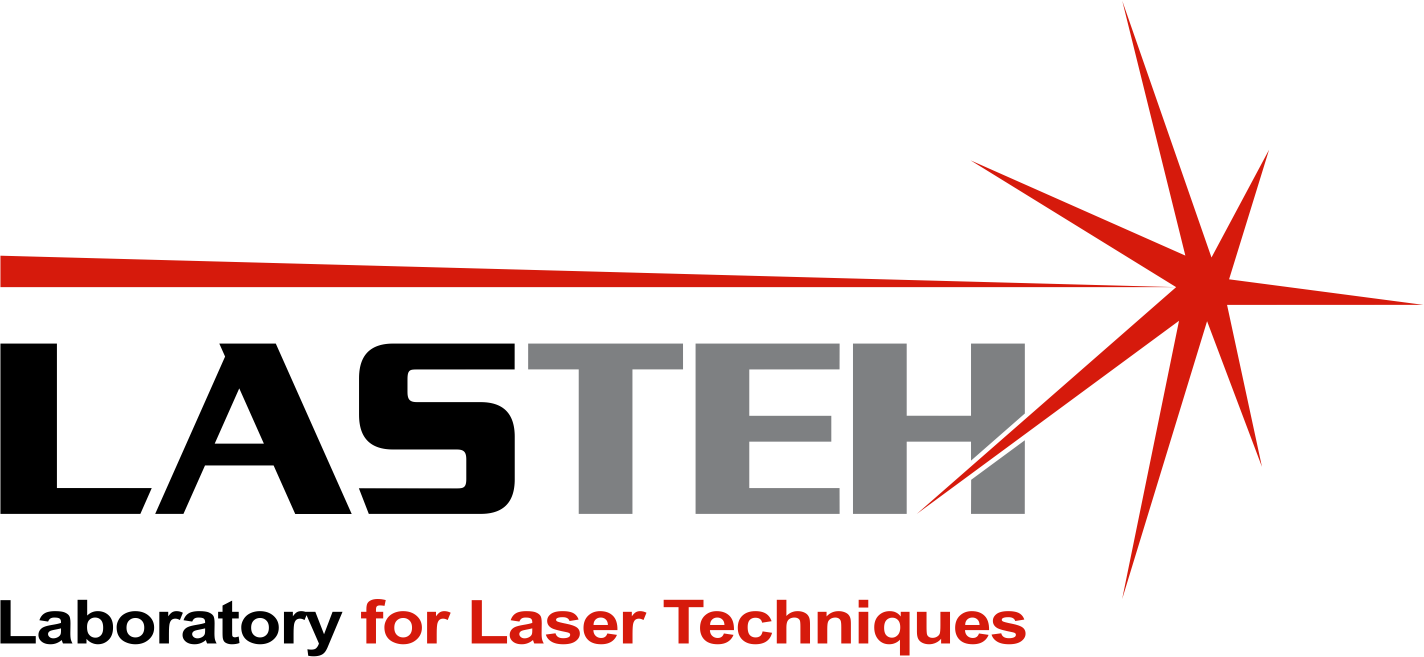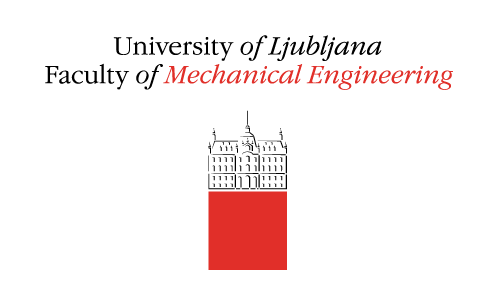Laser Systems
prof. dr. Janez Diaci
Študijska gradiva in informiranje o aktualnih dogodkih ter ocenah se nahajajo na straneh študentskega interneta Fakultete za strojništvo (VIS).
Content (Syllabus outline)
Introduction and course presentation
Engineering optics: geometrical optics, wave optics, quantum description of light phenomena
Laser sources: formation and characteristics of laser light; laser optics; laser source structure, operation and characteristics; industrial laser sources: gas, solid-state, semiconductor, fiber
Laser system safety: types of hazards in laser systems, regulations and standards in the field of laser safety, safety regulations for laser systems
Laser measurement systems: assemblies for the modulation of power and frequency of laser beams, for beam formation and guidance, and for light detection
Laser systems for the measurement of distances, linear position, profiles and 3D-body contours, laser interferometry, laser Doppler velocimetry, selected examples of industrial applications Laser machining systems: assemblies for beam guidance, formation and focusing, process diagnostics, positioning subsystem, system controller, selected examples of laser systems and processes
Readings
1. J.T.Luxon, D.E. Parker, Industrial lasers and their applications, Prentice-Hall Inc., Englewood Cliffs (NJ) USA, 1985. – Izbrana poglavja.
2. J. Wilson, J.F.B. Hawkes, Lasers, Principles and Applications, Prentice-Hall Inc., Englewood Cliffs (NJ) USA, 1987. – Izbrana poglavja.
3. J.C. Ion, Laser processing of engineering materials, Elsevier, Amsterdam, 2005, pogl. 3 in 4. – Izbrana poglavja. 4. K. Barat, Laser safety management, CRC Taylor & Francis Group, Boca Raton (FL) USA, 2006. – Izbrana poglavja.
Objectives and competences
The goal of the course is to acquaint the students with theoretical and practical basics of laser technology and train them for practical work involving the use of laser technology in laboratory and industrial environments.
Subject-specific competences:
- mastering the basic physical laws, important for work in the field of laser technology;
- earning the ability to solve specific problems based on the knowledge about the structure, operation, advantages, disadvantages and the usability of different laser sources, laser machining and measurement systems and their most important subassemblies;
- attaining the knowledge and skills, necessary to ensure safe operation of laser systems;
- earning knowledge and skills necessary for planning and designing the experimental development in the field of engineering laser applications.

